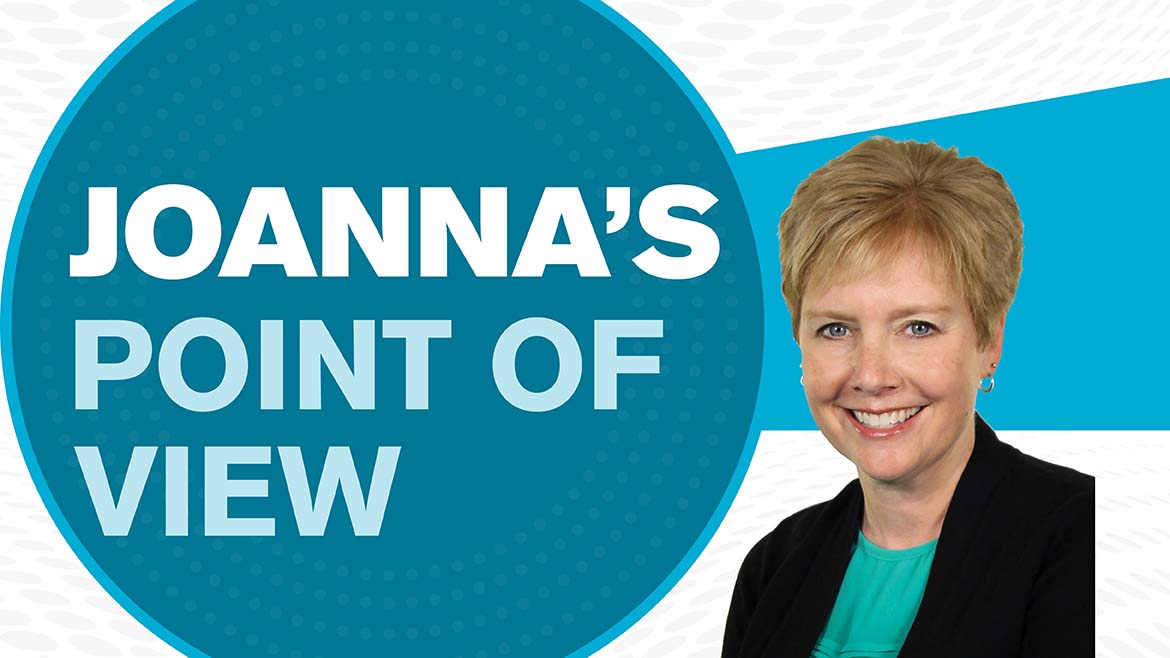In response to the Covid-19 pandemic, most states have required residents to stay at home and not engage in any non-essential activities, which has led to local, state, and federal officials quickly trying to determine what constitutes essential activity and work. This has caused a lot of consternation, as cities and states have reacted differently, and in some cases, officials appear to be imposing rather aggressive and seemingly arbitrary measures.
For example, in Michigan, the governor declared that residents had to stay in their homes and not even travel to their own vacation houses in the state. In addition, they could not buy “non-essential” items like vegetable seeds, furniture, or carpet, but residents could still purchase lottery tickets, which apparently the state considered to be an essential item. In Hawaii and California, beaches were closed, and there were viral videos showing local law enforcement chasing down rogue joggers in the sand or using a police boat to herd a lone paddleboarder back to shore, where he was handcuffed and carted off to jail.
Other states were more lenient in their approach to what constitutes essential activities. While Arizona has been under a stay-at-home order, the governor released a lengthy list of what the state considers to be essential businesses, including golf courses, pool supply stores, and dry cleaners (and initially, nail and hair salons, but that was quickly axed). Florida’s governor was one of the last to declare a stay-at-home order, but numerous businesses, including banks, pet supply stores, and laundromats, remained open. The state is also starting to allow residents to use some beaches for exercise, as long as they practice social distancing.
While states are free to determine what they consider to be essential activities, when it comes to businesses, there should be more agreement. Especially where HVACR contracting firms are concerned. ACCA was early to raise the alarm about some states considering HVACR to be non-essential, and the organization was very vocal in demanding that HVACR contractors be exempt from any mandates that require businesses to temporarily close or individuals to self-isolate.
According to ACCA, HVACR contractors should be considered emergency service providers, because they perform necessary, life-saving services on several components of the nation’s most critical infrastructure. This includes, but is not limited to, the healthcare industry, the agri-food supply chain, cooling for data and information technology centers, and essential heating, cooling, and refrigeration needs for vulnerable populations.
ACCA added that if contractors do not have the necessary labor to service the HVACR systems at vital sites like hospitals, labs, pharmacies, grocery stores, and food warehouses, among other places where lives, safety, and economic well-being are all at stake, the consequences could be catastrophic.
This is absolutely correct. Imagine if an elderly homeowner’s furnace broke down, and she was not allowed to get it fixed. That poses a definite health risk, as she could possibly freeze to death as a result. Or what would happen if the refrigeration system went out at the local supermarket, and a technician is not allowed to make the repairs? Not only would shoppers not be able to buy necessary food, but store owners could lose thousands of dollars in merchandise.
It is simply common sense that HVACR workers should be classified as essential, and it is very surprising that some locales didn’t automatically recognize that. However, even in communities where they – and other tradespeople -- have been deemed essential, some of the local busybodies don’t buy it. According to one news article, a New Jersey neighbor called police to investigate a homeowner who had the audacity to hire a plumber to come and fix a broken water valve. Unbelievable.
Unfortunately, this has become much more common, as nosy neighbors now have a lot of time on their hands to “tattle” on their fellow citizens. For this reason, perhaps HVACR contractors should consider applying some sort of temporary banner on their trucks, saying “Per the governor, we are an essential service.” In addition to warding off calls from meddlers, this would remind everyone that HVACR is – and always will be -- an essential service.
Want more HVAC industry news and information? Join The NEWS on Facebook, Twitter, and LinkedIn today!











